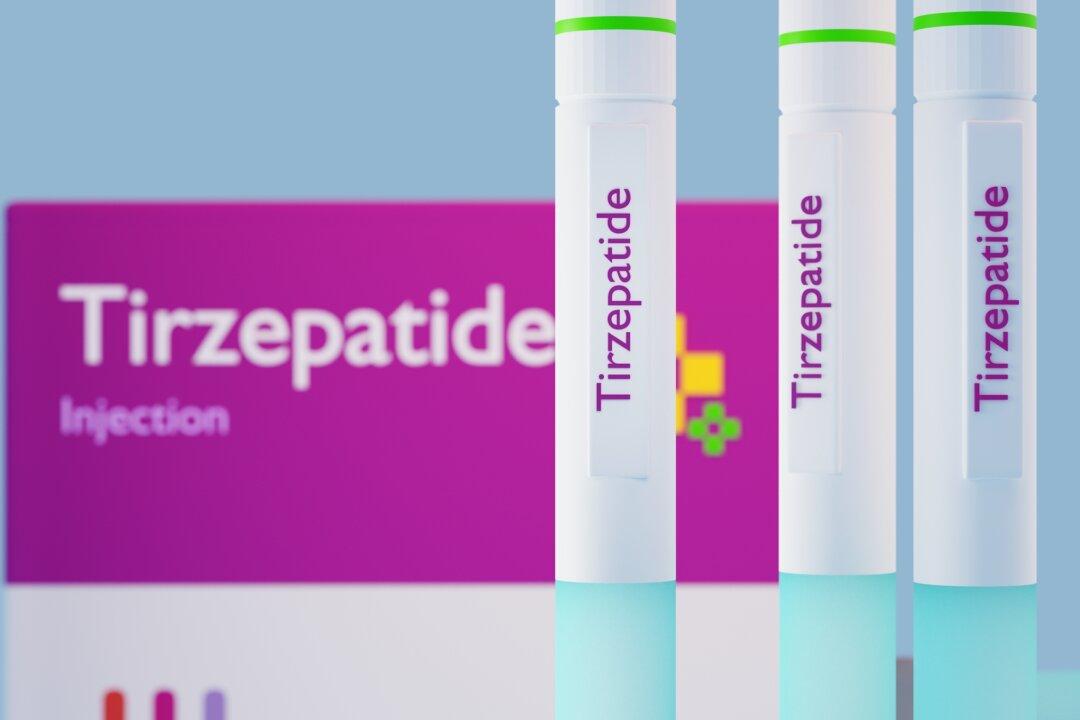A Butler County judge in Ohio has ordered a hospital to administer Ivermectin to a ventilated COVID-19 patient, granting an emergency relief filed by the patient’s wife.
Butler County Common Pleas Judge Gregory Howard ruled last week that West Chester Hospital, part of the University of Cincinnati’s health network UC Health, must “immediately administer Ivermectin” to patient Jeffrey Smith following his doctor’s prescription of 30 mg of Ivermectin for 21 days, the Ohio Capital Journal reported.





